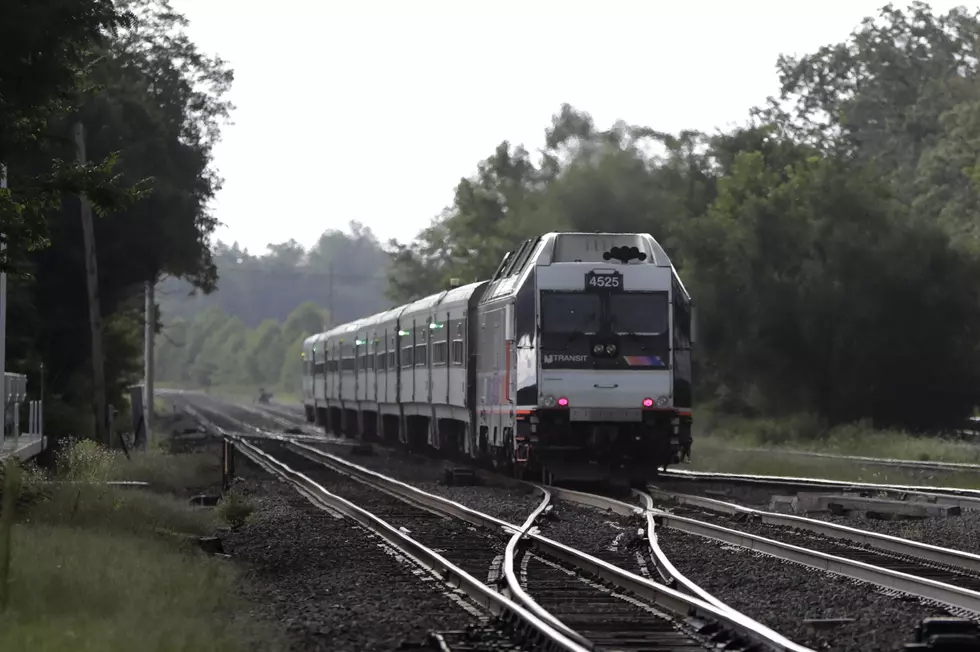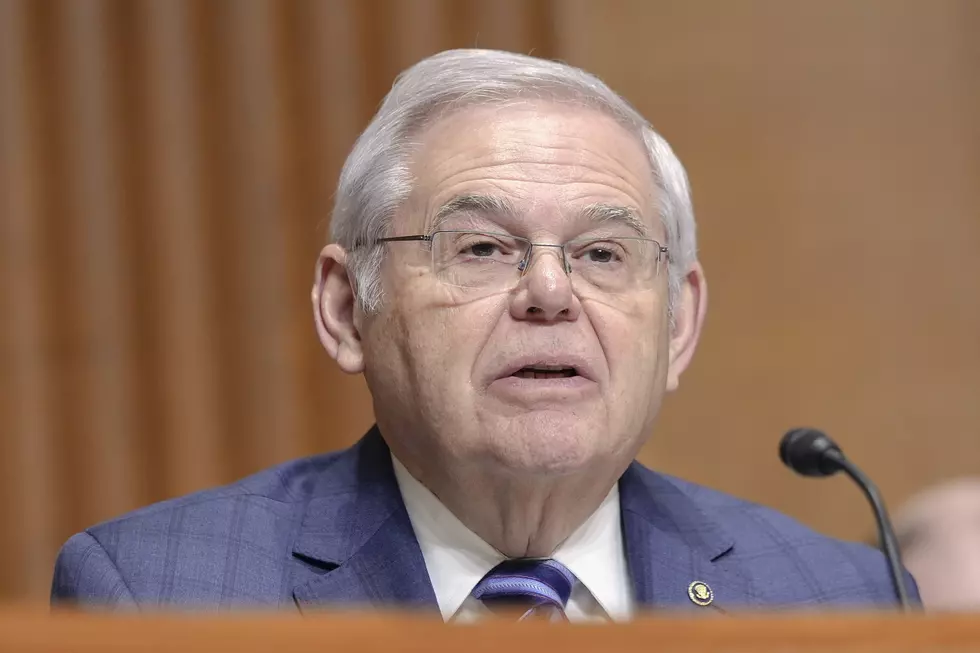
After losing 95% of riders, NJ starting to make a comeback
Last year at this time, ridership on NJ Transit trains and buses had dropped 95%.
Now, as the COVID metrics keep moving in the right direction and more and more restrictions are being lifted, Gov. Phil Murphy is predicting a strong NJ Transit bounce-back.
“I think you’re going to start to see, particularly when moves get made on masking and whatnot, you’re going to start to see ridership tick upward,” he said.
According to NJ Transit spokesman Jim Smith, that uptick has started already.
“Rail ridership, which for months had been fluctuating between 20 to 25% of pre-COVID levels on weekdays, has increased to between 30 to 35% over the past several weeks," he said.
“On weekends over the last few weeks, we’ve seen average rail ridership climb to approximately 40%, and even as high as 50 percent on some lines," he added.
While bus and light rail ridership has been holding steady at about 55% of pre-COVID levels system-wide, bus ridership into New York has been above 40% in recent weeks.
Over the past several years, Murphy pointed out NJ Transit has been plagued with train cancellations because there simply weren’t enough engineers to keep the system operational.
“Somebody decides to take, which is their right, a Friday off or a Monday off, and you have to take down an entire line for the day,” he said.
The governor said NJ Transit has recently graduated several new classes of engineers, which should provide an ample supply of manpower to keep the system operational moving forward.
The bottom line, said Murphy, is the NJ Transit comeback is well underway.
“It used to be not that long ago the No. 1 public transit system in America and, personally, I have no less of an objective that they reclaim that title," Murphy said.
You can contact reporter David Matthau at David.Matthau@townsquaremedia.com
LOOK: What are the odds that these 50 totally random events will happen to you?
More From New Jersey 101.5 FM









